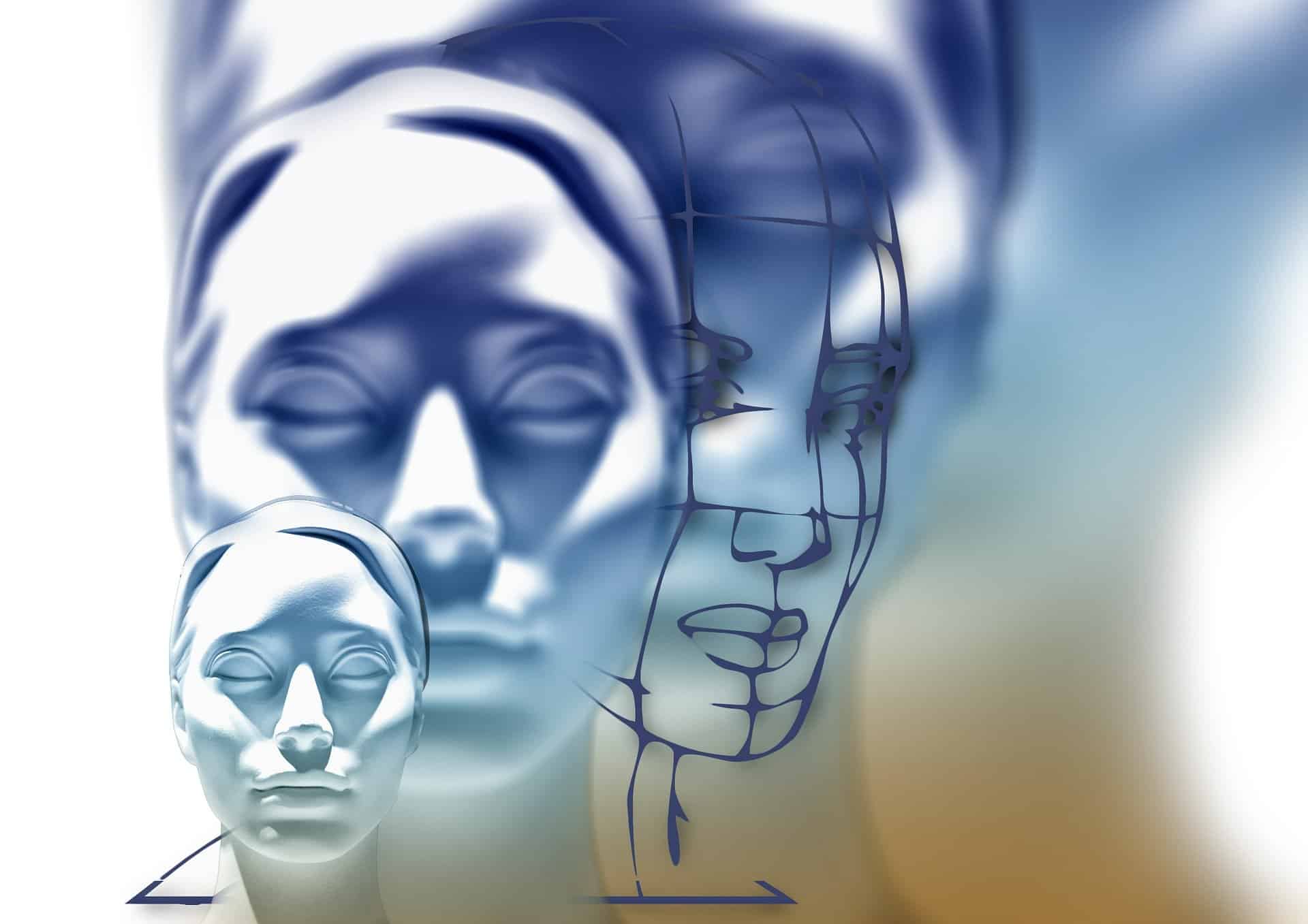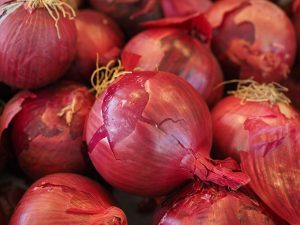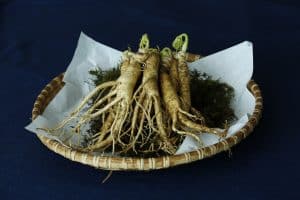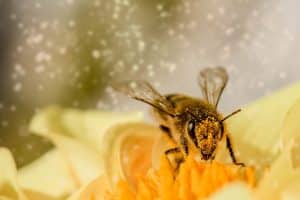One of the principles of medicine says that health and disease are the result of things we do, a kind of behavior. Even herself pain it could possibly be a learned response, a reflexive response to irritants.
Many doctors believe that diseases can be caused by the kind of life we lead. But how does it work? How lifestyle leads to disease and pain? And how much?
A little bit of science
The interplay of all human physiological systems connects the mind to the body in definite but extremely complex ways. This is new knowledge.
Until recently, pain was seen as something imposed on the mind by the body. But pain isn't just a message from injured tissue—it's a complex experience that's generated and carefully tuned by your brain. The results are often strange and counterintuitive, like quantum physics, but the science is clear: every painful sensation is a 100% impulse from the brain. Therefore no pain without brain.
Also, until recently, medical scientists believed that the nervous system and the immune system had nothing to do with each other. However, when they discovered that these systems were interconnected, they discovered the following connections—physical, neurological, chemical, and electrical.
Numbness
According to various claims, uniformity is the common denominator in most situations where our lives are "out of balance." There are many human problems, but they all have to do with getting "stuck" in one way or another. So, probably when we get sick it means that whatever we are, we've been doing it for too long.
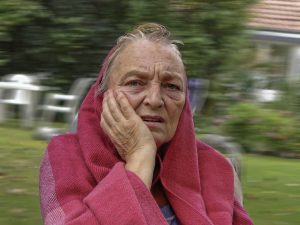
The limitation and the primary
From the very beginning of our lives, we humans begin to limit ourselves in response to social and emotional forces. From an early age we are restricted from any primal actions in response to being socially nurtured. We are stopped from screaming or crying to mature.
This is desirable, of course...but it also comes at a cost.
We begin to adhere to a certain way of doing things - a way of breathing, movement, making sounds, etc. We make these choices not because we are largely in tune with what we actually need and want, but because our brains give us very complex ideas about what we think we need and want.
The product of this process is our comfort zone – a region of behavior and experience that we are reluctant to leave, even more so with each passing year. If comfort zone boundaries were more organic, more intuitive, they might serve us quite well—but they're incredibly arbitrary, defined as much by pop culture as by self-consciousness.
Despite this general trend, many people remain strongly primal. But even these people have a relatively limited repertoire of behavior compared to what we are actually capable of. It's actually quite amazing how narrow the range of "normal" is when you realize that we are biologically capable of virtually any kind of behavior. Even within human nature, behavior can be as different as that of Carl Sagan, Osama bin Laden, the Queen of England, and the cannibal of the South Pacific.
We are sabotaged by our big brains. This stiffness eventually manifests as disease.

Illness and guilt
If stiffness leads to disease, doesn't that mean we are to blame? Shouldn't we be able to fix it? And why can't we fix it?
It is important to understand that we are not to blame for our illnesses. Just as our personalities are determined by both genetics and environment, our illnesses are determined by both internal and external forces. We participate in the generation of our diseases, but we do not do it intentionally and we cannot undo it intentionally.
No disease-lifestyle connection would happen overnight. Illness is probably among the last signs of an enduring pattern in life.
Here we can assume that the very awareness of the mind-body connection somehow gives us power over the disease, but it is hardly that simple. Healing is an extremely difficult process.
Treatment
Anyone can try to restore balance in life, but anyone trying to heal must understand that this may be difficult or impossible, and may have no effect on an established illness. Spontaneous remissions of serious diseases are not called "miracles" for no reason.
We are all students of life – but the skills required for the healing process once it has started are probably several degrees beyond us, if at all. In fact, when we are sick, it is usually an indication that it is too late for us and we are not equipped emotionally and spiritually to undo the damage.
However, miracles do happen. A passionate individual determined to overcome will take these discouraging words as a challenge to excel, learn enough about themselves to heal, or (quite literally) die trying.
We have to step outside of our comfort zone and choose to leave behind the many little fears and prejudices that have defined it for so long. We need to stretch.
There are probably so many ways to do this. For some, it may be a mountain to climb. For others eye contact, new furniture or reconciliation. But for almost everyone, above all, it means really deep looking and fresh movement, components of any interesting spiritual discipline. We must strive to become permanent dancers, freely embodying every impulse, writhing happy, impulsive, exploratory and unbridled.
Even if it's too little or too late, it will still be worth it.

